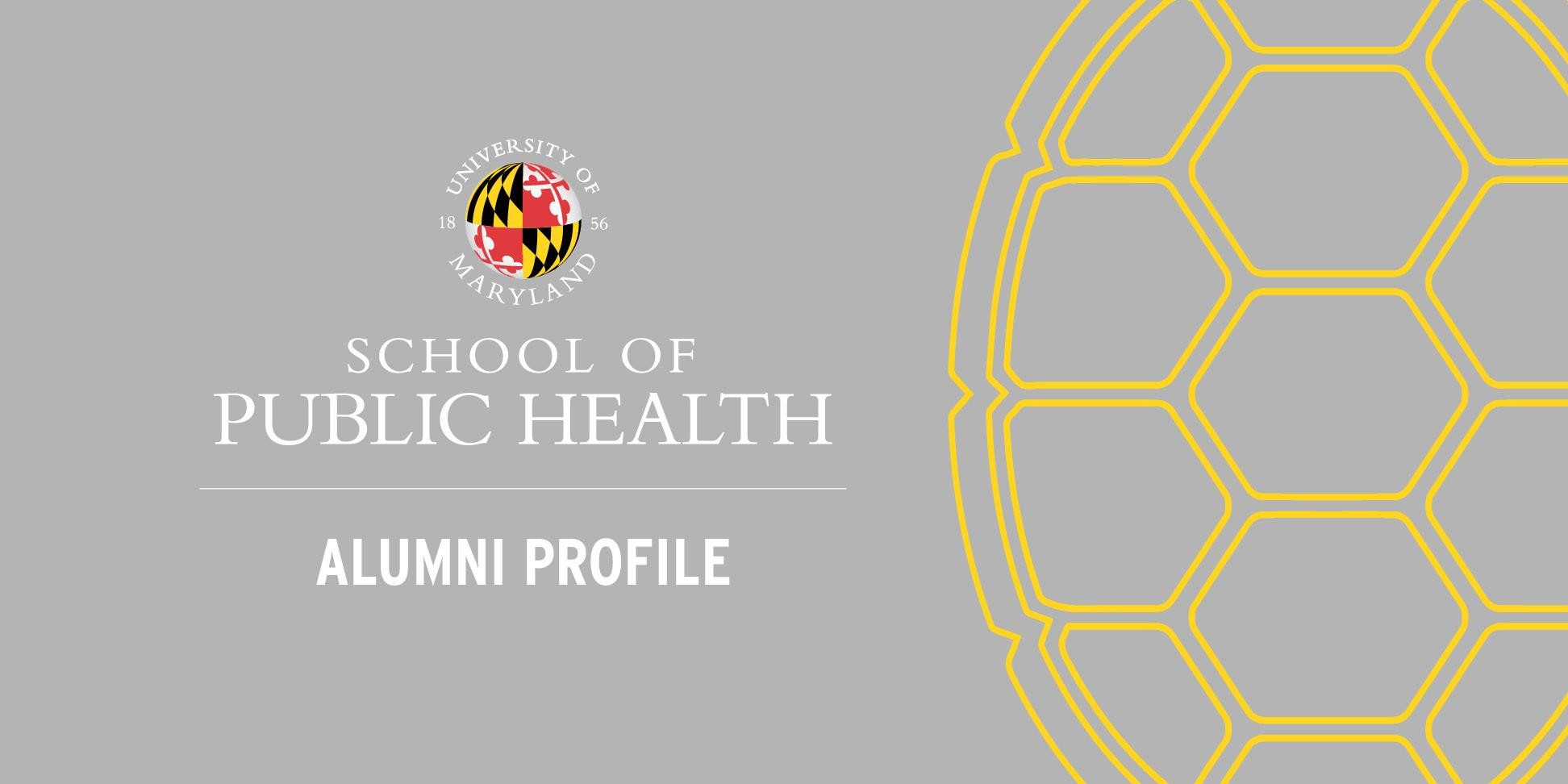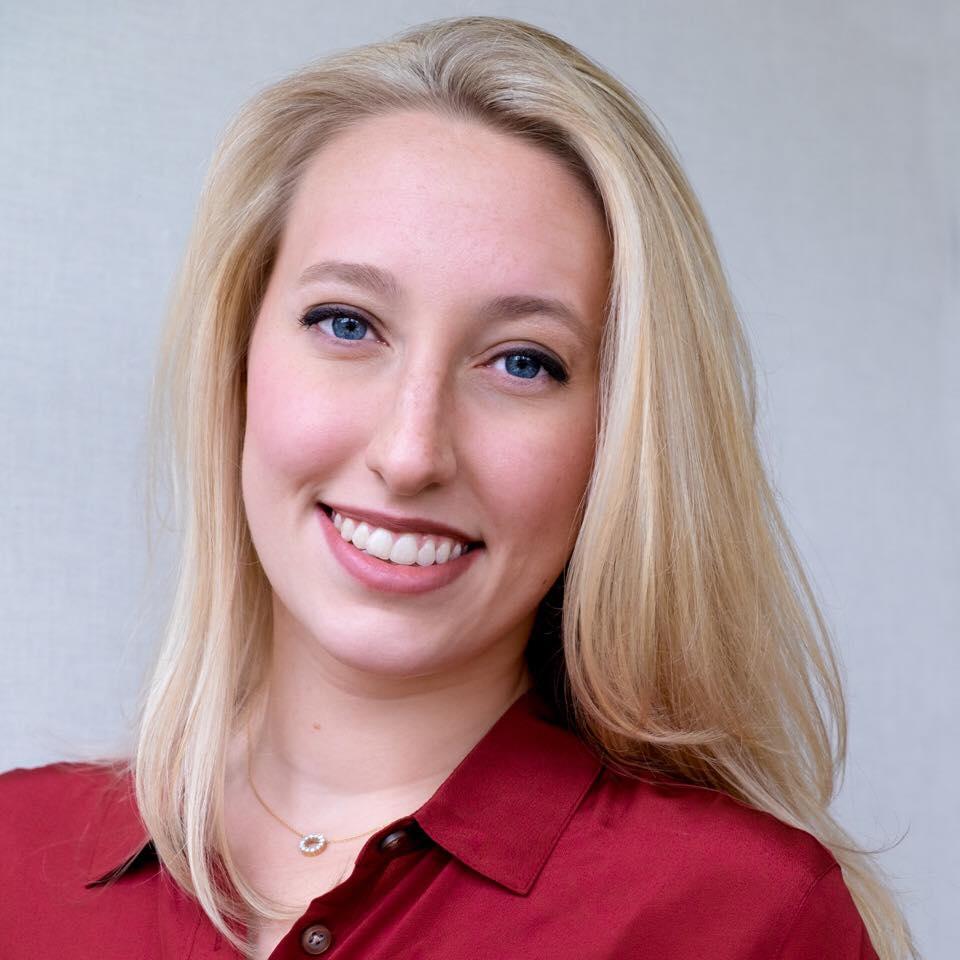

Briana Lockhart
Bachelor of Science, Community Health
Briana Lockhart has worked with the National Alliance on Mental Illness (NAMI) of Montgomery County, MD, since July 2018. She was originally hired as the Youth Program Coordinator, specializing in implementing an in-school suicide prevention program, Sources of Strength. Last year, she was promoted to Program Operations Manager. Her primary role is coordinating and evaluating NAMI’s free support groups and classes for individuals living with mental illness and their families. When the Covid-19 pandemic began, Lockhart shifted all programs to virtual platforms within seven days to continue serving those in the community impacted by mental illness.
During her time at UMD, Lockhart was part of the second Department of Behavioral and Community Health Honors cohort. Her thesis project focused on creating and implementing an oral health beliefs survey to Cecil County Health Department clients and staff. She also minored in Global Poverty and participated in two short-term study abroad trips to Cuba and the Dominican Republic.
What inspired you to study public health, and particularly, at UMD?
I’m from Cecil County, Maryland. I did apply to other schools in New York, Florida and DC, but I got into Maryland and decided to stay in Maryland. I came in undecided. I was working with my advisor freshman year and just talking through all of the things I was interested in. I said I really like well, I really like health, but I don’t want to be a nurse or a doctor, and I didn’t know the term public health. They were like, Oh, we have a School of Public Health. Why don’t you look into that? And so, I took the intro class to that and I was like yep, this is it. This makes sense. This is a thing that somehow I knew existed without actually knowing it.
What person or experience had the greatest impact on you during your degree program?
Probably my time in the Honors Program. I worked really closely with Dr. Horowitz in the Center for Health Literacy. I worked to develop a survey for residents of Cecil County, and that's a county with really low health literacy rates and really low oral health literacy rates. So we worked with the Cecil County Health Department to administer our oral health belief, attitudes and practices survey to eventually inform a wider health communication campaign. Also, the honors class sessions with Dr. Green were really helpful. That was her with six other students, and we would talk through the ins and outs of the program and what our projects were. I really enjoyed that.
How did the Community Health program and your experiences at UMD prepare you to do what you're doing now?
I really loved the classes where I touched grant writing assignments. I chose the nonprofit field right out of school, and I don’t know what I would have done if I hadn’t had those classes. I worked with a couple of other people who are later in their careers and didn’t have the grant training. When I joined, they were like, “Oh my God, you know what a logic model is, that’s awesome!”
How has COVID-19 impacted your role?
We did all of our programs in person, and there was nothing online. That was something that NAMI national wasn’t even okay with. They were like do not adapt this for online. There’s a lot of beauty in people coming together in person to share support and education. But then we were like we’re going to be here for a while, so how do we make this shift? How do we retrain the leaders of the programs to do this virtually? So there was a lot of work with that in the spring. Part of my role was training people in Zoom, setting up the things, answering participant questions and making sure our staff knows what to do. We had to set up an in case of a crisis protocol because everybody’s in their homes, and if you’re talking about depression, your feelings and your suicidal ideation, you can get really down. So, we have to be prepared for that moment with participants.
We did a lot of research into best practices to how to support people from afar, and we have a protocol relating to them giving us an emergency contact name, phone number and address in case we need to call on their behalf. Also with the pandemic, people are physically distant, but people really need to not be socially distant. Social connections are huge protective factors for people's mental health, so we did our best to get our programs up and running as soon as possible to keep our community connected to just get people talking to each other still and not just completely isolated. We're seeing more acute needs from our participants and our family members, and just being together is heightening everything. People who are caregivers might not necessarily live with their loved one with mental illness like, their adult child may have grown up and moved out, but now they’re back and they’re daily doing the stuff that they used to be doing maybe weekly or monthly. So we’ve been doing a lot of responding to just people being stuck together.
How do you think this pandemic will change or impact public health?
I like to think that it's going to help a lot of our systems and people consuming health information. I think for public health as a whole, it's really helpful. I think it's eventually going to make things better. There's always pushback, but I think it shows how important prepared public health systems are, and you can see when something’s not prepared. I think there will a shift to focus and support local public health systems especially.
I also think that public health is going to have to support people and trusting each other again. So this would be working back those social connections and social wellness parts of public health because public health isn’t just the physical health of people, and that’s kind of how I got into it. I care about the holistic person, the eight or nine dimensions of wellness and all of that stuff. I think some of those dimensions are increasing through all of this, and some are decreasing. Public health is a platform that can help equalize those again.